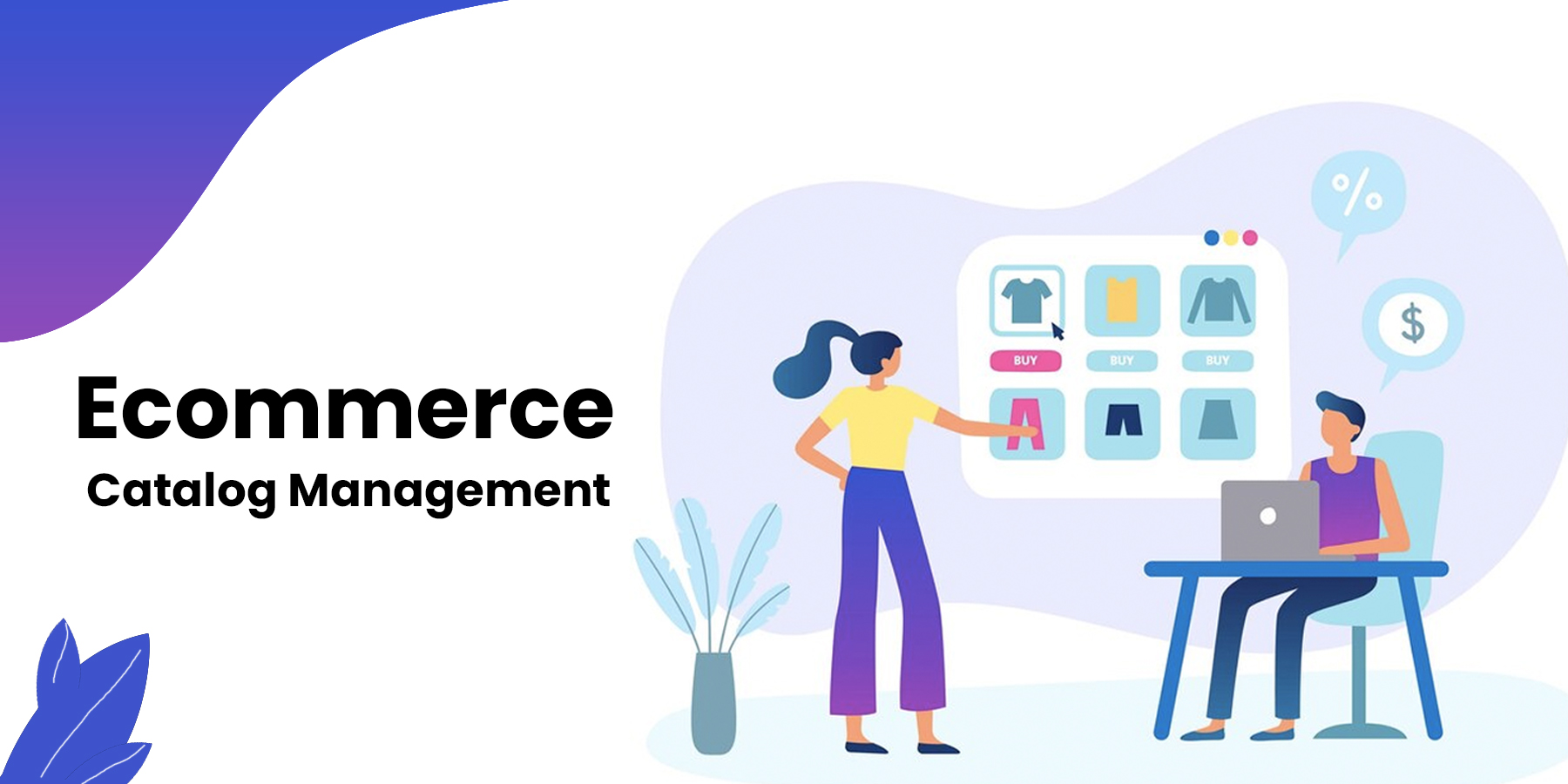
Have you considered starting an eCommerce business but need help figuring out where to start? With online shopping becoming increasingly popular, it’s a great time to launch your digital shop. However, getting started can be overwhelming and confusing.
Creating an online ecommerce business involves a lot of planning and decision-making, from choosing the right platform to designing your website and setting up payment options. It can be challenging to know where to begin and what steps to take to ensure your eCommerce shop is a success.
If you’re ready to start your own eCommerce business but need help knowing where to begin, this guide is for you. We’ll provide you with a step-by-step guide to get your online store up and running. Let’s dive in!
Choose Your Ecommerce Platform
There are numerous eCommerce platforms, including Shopify, WooCommerce, BigCommerce, Magento, etc. Every platform has a unique set of features, costs, and restrictions. Before choosing a platform, it is crucial to research and evaluate each one.
So, when selecting an eCommerce platform, consider your ecommerce business’s needs, budget, scalability options, integration options, security, and customer support. For specific industries, like the fashion or electronics sectors, some platforms provide better features.
Benefits and Drawbacks of Each Platform
Each platform has benefits and drawbacks. For instance, Shopify is simple to use but has a high price tag. WooCommerce, on the other hand, is customizable and reasonably priced but requires technical knowledge. While Magento is highly customizable, BigCommerce is scalable but may require more flexibility.
Design And Build Your Ecommerce Website
Importance of a User-Friendly Design
The user experience and conversion rates of your eCommerce store website can be significantly impacted by its design. Therefore, a user-friendly design should be eye-catching, simple to use, and mobile-friendly.
Essential Features for an Ecommerce Business Website
Essential features like a shopping cart, product catalog, search bar, checkout process, and payment gateway integration should be present in your eCommerce store. Product reviews, wishlists, and social sharing buttons are additional features that can increase user interaction and conversion rates.
Optimize Your Website
A theme can be customized, or a pre-designed template can be used to build your online eCommerce business. You can hire a web developer or outsource an expert agency to help you.
Optimizing your eCommerce business for search engines can improve your website’s visibility and traffic. Some things you should take note of when building your ecommerce website are;
- Include relevant keywords
- Optimize images
- Excellent product descriptions
- Page loading speed
- Meta tags and descriptions
- URL Structure
- Internal linking
- And; high-quality SEO content
Set Up Your Payment Gateway
A payment gateway is a feature of eCommerce that safely allows customers to pay for online purchases. Your eCommerce business website can incorporate payment gateways to handle credit card processing and other payment methods.
Consider transaction fees, security, compatibility with your eCommerce platform, and customer support when selecting a payment gateway for your online store. Several well-known payment processors include PayPal, Stripe, and Authorize.net.
Ensure your payment gateway complies with PCI compliance requirements and is secure. Before opening your eCommerce store, thoroughly test your payment gateway to ensure it works. Display accepted payment methods on your website to give customers a clear understanding of their payment options.
Manage Your Inventory And Shipping
Controlling your eCommerce store’s product availability and stock levels is known as “inventory management.” Stockouts and overstocking can be avoided, costs can be cut, and customer satisfaction can be raised with effective inventory management.
You can therefore manage your inventory by keeping track of sales and stock levels, setting reorder points, and putting a first-in, first-out (FIFO) system in place. Thus, if you are just starting an ecommerce business, you should regularly monitor your inventory to ensure you are high on popular items.
Shipping Options
Product delivery to customers is known as “shipping.” Several shipping choices include standard, expedited, and free shipping. While some eCommerce platforms have built-in shipping options, others need outside shipping companies.
Consider shipping costs, delivery time, tracking options, and support for international shipping when selecting a shipping provider. USPS, FedEx, and UPS are a few well-known shipping companies.
Additionally, if you’re just starting an ecommerce business, develop concise shipping policies and post them on your website. Make sure your shipping costs are reasonable and transparent. Automate shipping procedures and order fulfillment by using a shipping software. Last but not least, you must frequently inform clients of the progress of their shipments and provide tracking details.
Promoting and Marketing Your Online Ecommerce Store
The goal of ecommerce marketing is to draw and keep customers to your online ecommerce business. Increasing website traffic, conversions, and sales are the objectives. Social media, email, content, influencer marketing, and search engine optimization (SEO) are all effective marketing techniques for a new e-commerce venture.
Additionally, you can use various marketing strategies to advertise your online ecommerce store, including running paid advertising campaigns, setting up social media accounts, sending newsletters, creating helpful content, collaborating with influencers, and SEO-optimizing your website.
Tips for Increasing Traffic and Sales
Offering discounts and promotions, providing exceptional customer service, developing a user-friendly website, optimizing product listings, providing free shipping, developing product bundles, and upselling and cross-selling products are a few strategies for boosting traffic and sales. To optimize your eCommerce store, you can also use data analytics to pinpoint areas that need improvement and make data-driven choices.
Wrapping Up
Although it requires careful planning and execution, starting an eCommerce business can be exciting and lucrative. By following the instructions in this blog, you can improve your chances of success and lower your risk of making costly errors.
You can create a successful online store that consistently brings in money and expands over time if you put in the effort, work hard, and are committed to offering excellent customer service.
If you are looking for the best ecommerce agency that can assist you in building your online business, look no further. Vserve is here to help!
Vserve Solution is a full-service eCommerce agency offering top-quality eCommerce support services and various eCommerce catalog management services at reasonable prices. We are the best eCommerce outsourcing services you didn’t know you could afford!








